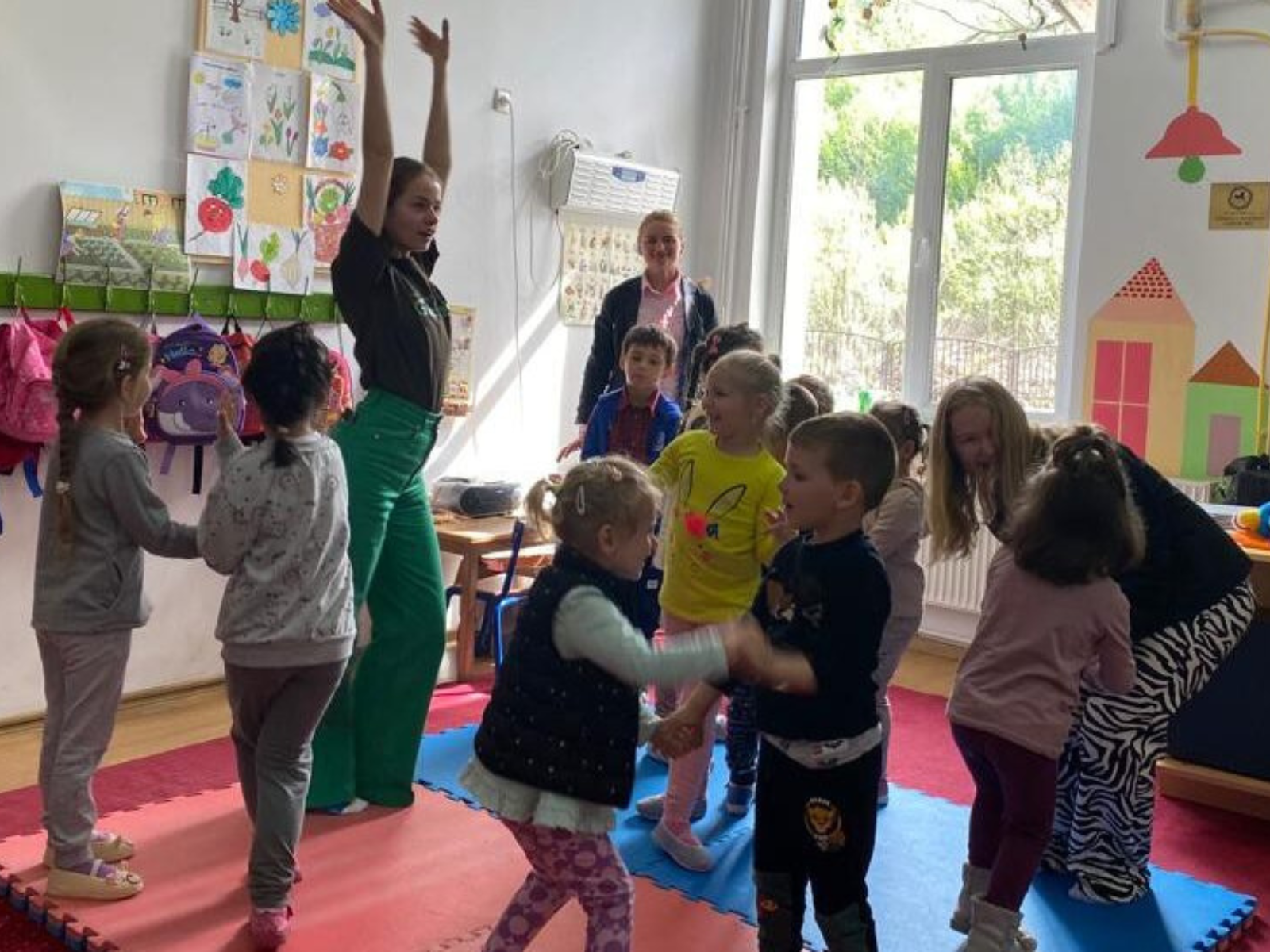
Developing soft skills in children
In today’s rapidly evolving world, academic excellence alone is no longer enough for a child’s success. Equipping children with essential soft skills became increasingly vital to help them navigate challenges, foster meaningful relationships, and excel in their future endeavors. In this article, we look i nto the importance of building soft skills in children and provide practical strategies to nurture their development effectively.
nto the importance of building soft skills in children and provide practical strategies to nurture their development effectively.
Communication Skills:
Effective communication forms the foundation of strong interpersonal relationships and professional success. Encourage children to express their thoughts clearly, actively listen to others, and engage in meaningful conversations. Providing opportunities for public speaking, participating in group activities, and engaging in debates can further enhance their communication skills.
Collaboration and Teamwork:
In a collaborative world, the ability to work harmoniously in teams is essential. Encourage children to engage in group projects, cooperative games, and team-building activities that promote collaboration. Teach them the value of compromise, active participation, and respecting diverse perspectives, fostering a sense of teamwork and collective achievement.
Problem-Solving and Critical Thinking:
Developing problem-solving and critical thinking skills empowers children to overcome obstacles and make informed decisions. Encourage them to think analytically, consider different perspectives, and explore creative solutions. Engage children in puzzles, brain teasers, and real-life scenarios that require logical reasoning and decision-making, nurturing their problem-solving abilities.
Expose children to new experiences, encourage them to embrace challenges, and teach them to view setbacks as opportunities for growth. Foster a growth mindset by emphasizing effort, perseverance, and learning from failures, helping children develop resilience and adaptability.
Emotional Intelligence:

Emotional intelligence plays a crucial role in developing self-awareness, empathy, and resilience. Help children recognize and understand their emotions and teach them how to manage them effectively. Encourage empathy by discussing emotions and perspectives, promoting kindness, and engaging in activities that develop emotional intelligence, such as role-playing and storytelling.
Adaptability and Resilience:
In an ever-changing world, adaptability and resilience are valuable skills. Expose children to new experiences, encourage them to embrace challenges, and teach them to view setbacks as opportunities for growth. Foster a growth mindset by emphasizing effort, perseverance, and learning from failures, helping children develop resilience and adaptability.
Time Management and Organization: 
Instilling good time management and organizational skills sets children up for success in their academic and personal lives. Teach them to prioritize tasks, set goals, and create schedules. Provide support in developing strategies for planning, organizing materials, and managing time effectively, enabling children to become more self-disciplined and efficient.
Building soft skills in children is essential for their holistic development and future success. By fostering communication skills, collaboration, problem-solving, emotional intelligence, adaptability, and time management, children become equipped to navigate challenges, form meaningful connections, and excel academically and professionally. Nurturing these skills early on empowers children to become confident, well-rounded individuals, ready to tackle the opportunities and complexities of the world with resilience and grace.
